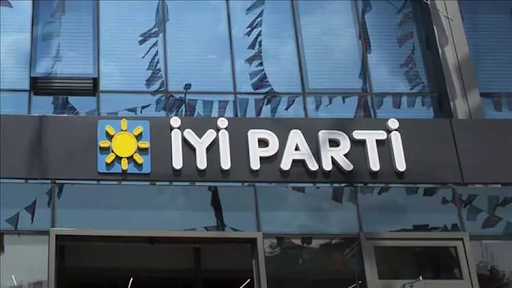In a significant development following the 28th Term Parliamentary General Elections held on May 14, 2023, Turkey’s ruling Justice and Development Party (AK Party) has emerged as the only party to increase its number of parliamentary seats. Initially securing 268 seats in the election, the AK Party’s representation in the Grand National Assembly of Turkey (TBMM) has now risen to 272, thanks to defections from other parties and independent members.
Key Changes in Seat Distribution
The AK Party’s gains came after three lawmakers joined its ranks:
Serap Yazıcı Özbudun, a former member of the Future Party (Gelecek Partisi) and Antalya MP.
Mehmet Selim Ensarioğlu, an independent Istanbul MP.
Ünal Karaman, an independent Konya MP.
These additions have reduced the number of independent MPs in the parliament to 10. The AK Party’s growing strength was further highlighted during its 8th Ordinary Grand Congress, where the party celebrated its expanded presence in the legislature.
Current Parliamentary Seat Breakdown
The distribution of seats in the Turkish parliament now stands as follows:
AK Party: 272 seats
Republican People’s Party (CHP): 133 seats
Peoples’ Equality and Democracy Party (DEM Parti): 57 seats
Nationalist Movement Party (MHP): 47 seats
İYİ Party: 28 seats
New Path Party (Yeni Yol Partisi): 24 seats (a coalition of Future Party, DEVA Party, Saadet Party, and Çatı Party)
Independent MPs: 10 seats
Welfare Party (Yeniden Refah Partisi): 4 seats
Free Cause Party (HÜDA PAR): 4 seats
Workers’ Party of Turkey (TİP): 3 seats
Democracy and Progress Party (Demokrasi ve Atılım Partisi): 2 seats
Emek Party (Emek Partisi): 2 seats
Democratic Regions Party (Demokratik Bölgeler Partisi): 2 seats
Future Party (Gelecek Partisi): 2 seats
Saadet Party: 1 seat
Democratic Left Party (DSP): 1 seat
Democrat Party: 1 seat
Analysis of the Political Landscape
The AK Party’s ability to increase its parliamentary seats despite a highly competitive election underscores its enduring influence in Turkish politics. The defections to the AK Party reflect a broader trend of political realignment, as smaller parties and independent MPs seek to align themselves with the ruling party to secure greater influence and resources.
The CHP, Turkey’s main opposition party, remains the second-largest party in parliament with 133 seats. However, its inability to capitalize on voter dissatisfaction and expand its base has raised questions about its strategy and leadership. The DEM Parti, which represents pro-Kurdish interests, holds 57 seats, maintaining its position as a significant player in Turkish politics.
The rise of the New Path Party, a coalition of smaller opposition parties, highlights the fragmentation within Turkey’s opposition bloc. With 24 seats, the coalition aims to present a united front against the AK Party, but internal disagreements and ideological differences continue to pose challenges.
International Reactions
The shift in Turkey’s parliamentary composition has drawn attention from international observers. Analysts note that the AK Party’s strengthened position could lead to more decisive policymaking, particularly in areas such as economic reform, foreign policy, and constitutional amendments. However, concerns have been raised about the potential for reduced checks and balances in a parliament increasingly dominated by the ruling party.
Implications for Turkey’s Future
The AK Party’s growing parliamentary presence is likely to bolster President Recep Tayyip Erdoğan’s agenda, including efforts to address economic challenges and implement constitutional reforms. The party’s ability to attract defectors from other parties and independent MPs demonstrates its political acumen and organizational strength.
For the opposition, the current seat distribution highlights the need for greater unity and a clearer vision to challenge the AK Party’s dominance. The fragmentation among smaller parties and the lack of a cohesive opposition strategy remain significant obstacles to overcoming the ruling party’s entrenched position.
Conclusion
The latest changes in Turkey’s parliamentary seat distribution reflect the dynamic and often unpredictable nature of the country’s political landscape. As the AK Party consolidates its power, the opposition faces an uphill battle to present a viable alternative to voters. The coming months will be critical in determining whether the opposition can overcome its internal divisions and mount a credible challenge to the ruling party’s hegemony.
For now, the AK Party’s strengthened position in parliament signals a new phase in Turkish politics, one that could shape the country’s trajectory for years to come.






















No comments:
Post a Comment